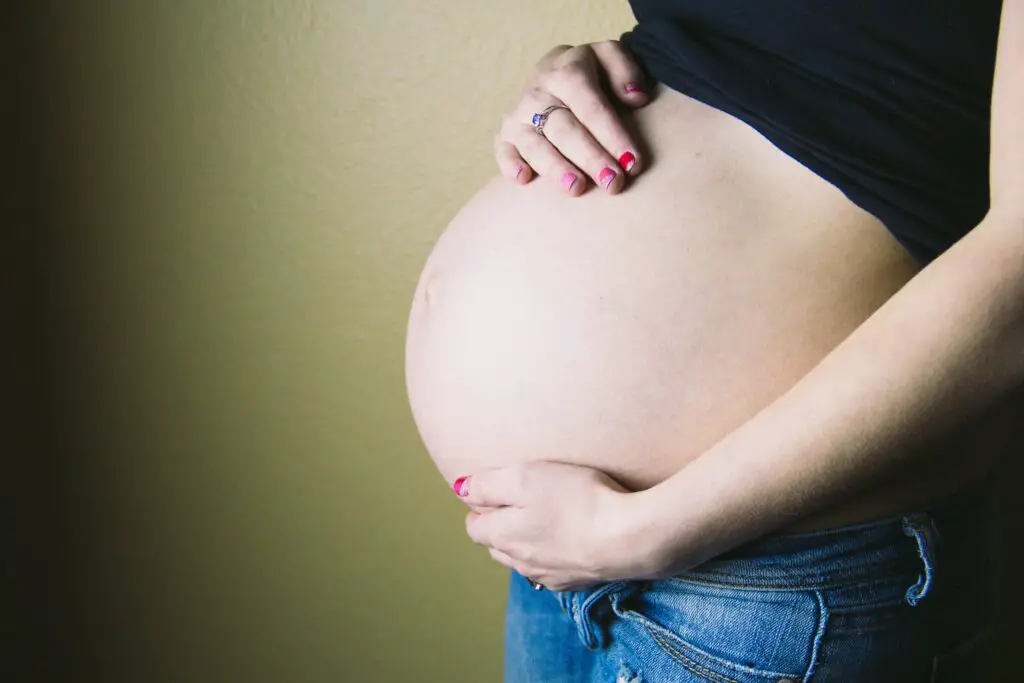Related Posts
A viral TikTok video recently brought up the topic of workplace discrimination against women, especially when it comes to maternity leave. The video features a lady talking about how her pay was reduced and eventually terminated after maternity leave. Ugo Lord, the well-known TikTok lawyer, reacted to the incident, and the matter here again highlights that gender-based discrimination in the workplace is a big issue.
The Maternity Incident
The scrutinized TikTok video has led to a huge debate on workplace discrimination, with a special focus on maternity leave and the treatment for women after childbirth. In the video, a woman shares her distressing experience: her salary was slashed after returning from maternity leave, and her workload was significantly reduced. Her boss summarily dismissed her when she expressed her doubts about these disturbing changes.
Nevertheless, this specific situation of discrimination in the workplace managed to draw the attention of Ugo Lord, the lawyer with many followers on TikTok. He responded to the video with a legal opinion on the woman’s situation.
Ugo Lord’s Perspective
In his response, Ugo Lord highlighted that the law safeguards the rights of pregnant women and new mothers in the workplace. Taking action, such as termination due to an employee’s decision to expand their family, is unethical. He further explained that laws are in place to protect pregnant employees and those who have recently given birth from such discriminatory practices.
Lord recommended that the woman contact her local EEOC office or seek a lawyer who charges on a contingent basis, meaning it won’t cost her any money upfront. This advice is crucial because it offers a practical solution for those who may not have the financial means to hire a lawyer.
“It makes the employer liable for the damages that happen next.”
Legal Context and Protections
The woman experienced pregnancy discrimination, which is illegal under three federal laws that the EEOC enforces. These include Title VII of the Civil Rights Act of 1964, the Pregnant Workers Fairness Act (PWFA), and the Americans with Disabilities Act (ADA).
Title VII forbids sex discrimination, including discrimination related to pregnancy. Meanwhile, the PWFA mandates that covered employers must provide reasonable accommodation for known limitations related to pregnancy, childbirth, or related medical conditions unless it causes undue hardship to the employer.
The ADA, although it does not consider pregnancy as a disability, protects pregnant workers who might have impairments related to their pregnancy that qualify as a “disability.” Such workers have the right to reasonable accommodation for pregnancy-related disability.
These laws cover all aspects of employment, including hiring, pay, job assignments, promotions, training, employee benefits, and termination of employment. Therefore, the woman in the video appears to have a valid pregnancy discrimination case.
Final Thoughts
Through this TikTok video and Lord’s reaction, the issue of gender-based discrimination in the workplace, specifically directed at pregnant women and new moms, comes to light. It acts as a kind of reminder of the legal protections in place and the resources available for people who may encounter such discrimination.
Although platforms such as TikTok can be a source of entertainment, they are equally important in increasing general awareness and fueling discussions on significant societal issues.

